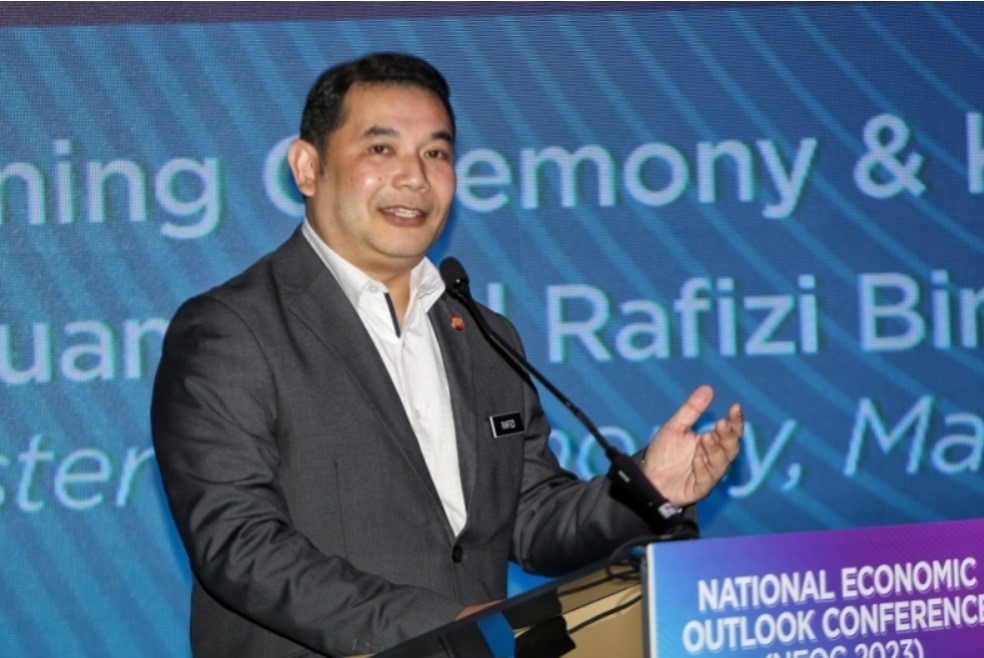The introduction of Malaysia’s Progressive Wage Policy marks a turning point in our approach to wages and productivity. I see this as an opportunity for a significant paradigm shift, yet I remain acutely aware of the challenges it poses, particularly for SMEs.

Understanding the Policy
The Progressive Wage Policy, spearheaded by Economy Minister Rafizi Ramli, aims to uplift workers in SMEs and those earning below RM5,000. The policy’s voluntary nature, coupled with financial incentives, offers flexibility for businesses to adapt without immediate fiscal strain. By linking wage increases to productivity and upskilling, it aspires to cultivate a more skilled workforce, which is essential for sustainable growth.

Productivity-Linked Wages: The Core Principle
The heart of any wage policy should be the intersection of productivity and employee skills. Experience does not automatically equate to progress in productivity, and thus, should not be the sole driver of wage increases. Wage enhancements must be underpinned by measurable gains in productivity.

The Economic Perspective
For SMEs operating on thin margins, any wage increase that doesn’t align with productivity enhancements poses a significant challenge. It’s essential to assess economic output against wage cost. Moreover, the brief duration of the current government incentives, currently in place for only 12 months, may not provide the long-term support necessary for the strategic shift that SMEs require for sustainable growth. A fundamental shift from experience-based wage progression to a meritocratic system is complex and requires a more prolonged period of government-backed support.

Navigating Labour Market Rigidity and Technological Alternatives
In Malaysia, SMEs face a particularly rigid labour market that impedes the ease of realigning staff based on their performance. As SMEs grapple with the dual challenges of a strict employment framework and the progressive wage’s cost implications, they may increasingly contemplate adopting AI and automation. These technological solutions could offer a more flexible and cost-efficient alternative to traditional labour, especially as the progressive wage policy could further constrain the already limited flexibility SMEs have in managing their human resources.

Consumer Price Sensitivity
In our market which is characterized by high consumer price sensitivity, SMEs encounter the additional challenge of reconciling wage increases with the need to maintain competitive pricing. This is particularly true in environments where consumers are acutely aware of price fluctuations, and businesses cannot readily pass on increased costs without risking their market share.
Our Perspective on Progressive Wages
At Syarikat Ong, our commitment to the prosperity of a high-income nation is matched by our dedication to safeguarding the future of SMEs like ours. We believe the Progressive Wage Policy’s effectiveness will not only lie in its ability to align wage increases with genuine productivity gains but also in ongoing government support. Yet, the true measure of success lies within us — the tight-knit community of entrepreneurs and small businesses.
Together, let’s rise to the occasion and arm ourselves with the necessary tools and insights to navigate the complexities of our economic landscape. By pulling together and adapting with agility, I believe we will do more than just sustain; we will flourish in the face of adversity.
Related Posts
August 28, 2025
Partner’s Perspective: When Is Your Business Ready for Sdn Bhd?
Thinking of going Sdn Bhd? It’s not…
August 1, 2025
Partner’s Perspective: ESG Readiness Starts Before the Storm
Think ESG is only for big corporations?…
July 5, 2025
Partner’s Perspective: Why Stability Needs a Seat at the Table?
There’s a lot of appeal in building…



